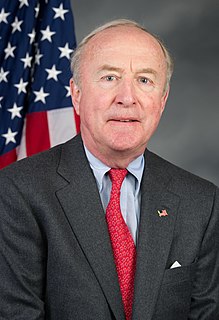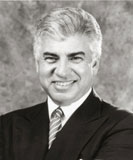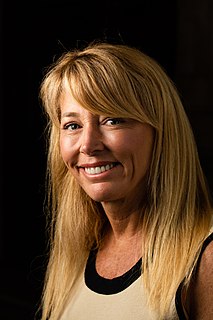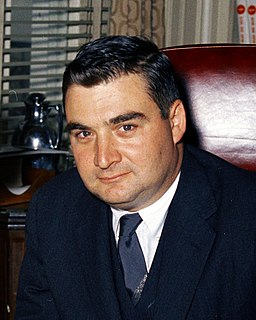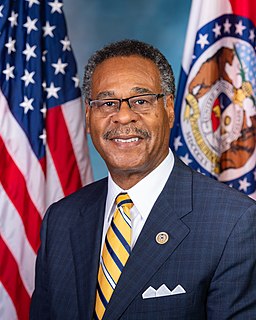A Quote by Robert Dallek
John F. Kennedy went to bed at 3:30 in the morning on November 9, 1960, uncertain whether he had defeated Richard Nixon for the presidency. He thought he had won, but six states hung in the balance, and after months of exhaustive campaigning, he was too tired to stay awake any longer.
Related Quotes
I believe history will come to view 9/11 as an event on par with November 22, 1963, the date on which John F. Kennedy was murdered, cutting short a presidency that was growing ever more promising. Dreams died that day in Dallas; it is easy to imagine the 1960s turning out rather differently had President Kennedy lived.
I live in a country where, at least by my sense of arithmetic and justice, Al Gore should have been president, not George W. Bush. To this day, John Kerry probably thinks he won Ohio in 2004 because he had suspicions about the vote in Ohio. And, by the way, Richard Nixon had suspicions in 1960 about the vote in Chicago when he lost to JFK.
Public image is extremely important in American society and I observed personally that the Presidency of John F. Kennedy did much in the public mind for Harvard. Harvard was an excellent school before Kennedy, but Kennedy embodied a new vision for the United States: a leader who caught the world's imagination and that reflected on his alma mater, Harvard.



